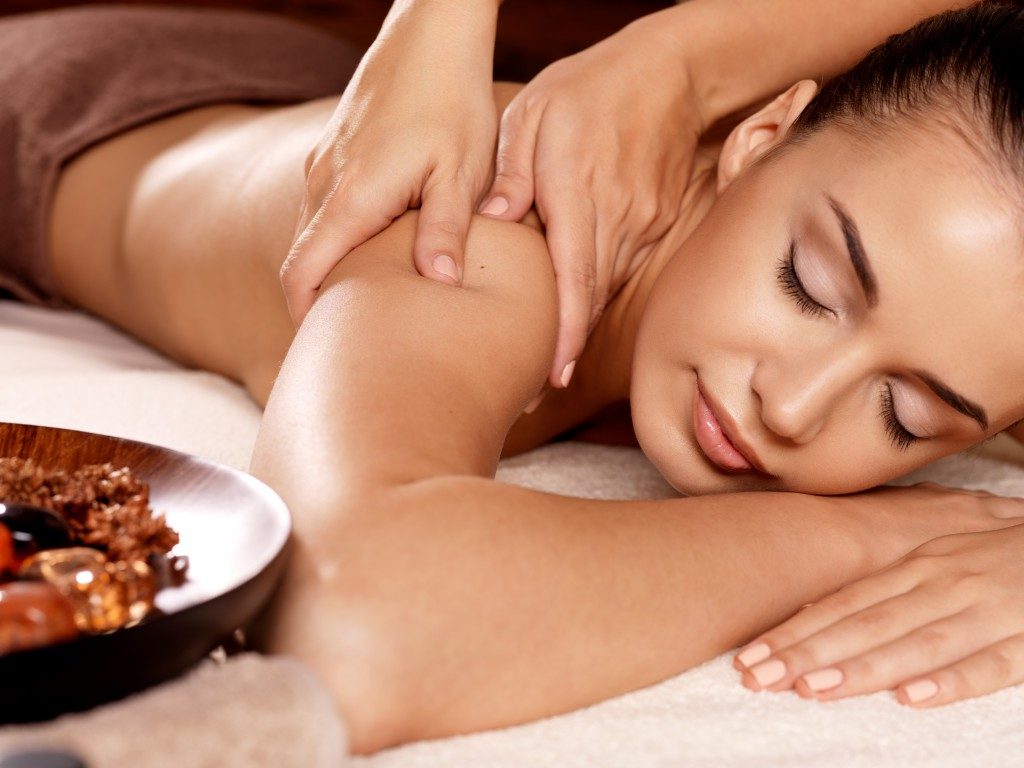
Massage therapy is a holistic approach to health and well-being that has been practiced for centuries. Beyond its reputation for promoting relaxation and relieving muscle tension, massage has increasingly gained recognition for its ability to alleviate stress and anxiety. In a fast-paced world where stress has become an almost inevitable part of daily life, the therapeutic benefits of 강남 마사지 offer a natural and effective means of combating these pervasive issues.
One of the primary ways in which 마사지 helps alleviate stress and anxiety is by promoting relaxation. During a massage session, a skilled therapist uses various techniques to manipulate the muscles and soft tissues of the body, inducing a state of deep relaxation. This physical relaxation triggers a corresponding mental and emotional relaxation, helping to calm the mind and reduce stress levels.
Massage also contributes to stress and anxiety relief by reducing the levels of cortisol, the primary stress hormone, in the body. Studies have shown that massage therapy can lead to a significant decrease in cortisol levels, promoting a sense of calm and relaxation. Lower cortisol levels are associated with improved mood, reduced anxiety, and better overall mental well-being.
Beyond the physiological effects, massage has a profound impact on the mind-body connection. The power of touch is essential for human connection and emotional well-being. Massage provides a safe and nurturing environment where individuals can experience the healing power of touch, fostering a sense of comfort, security, and support.

The release of endorphins, often referred to as the body’s natural “feel-good” chemicals, is another mechanism through which massage helps combat stress and anxiety. Endorphins act as natural painkillers and mood elevators, promoting a sense of well-being and reducing the perception of pain. The increased production of endorphins during a massage contributes to a positive emotional state, helping individuals manage stress more effectively.
Moreover, massage therapy encourages mindfulness and a heightened awareness of the present moment. The rhythmic and deliberate movements of the therapist, combined with the individual’s focused attention on the sensations and breath, create a meditative experience. This mindfulness aspect of massage helps break the cycle of rumination and worry, redirecting the mind away from stressors and promoting a sense of inner peace.
In addition to its immediate benefits, regular massage sessions can have cumulative and long-term effects on stress and anxiety management. Consistent massage therapy has been shown to lower overall anxiety levels, improve sleep quality, and enhance the ability to cope with stressors. It becomes a proactive and preventative measure, promoting overall mental and emotional resilience.


